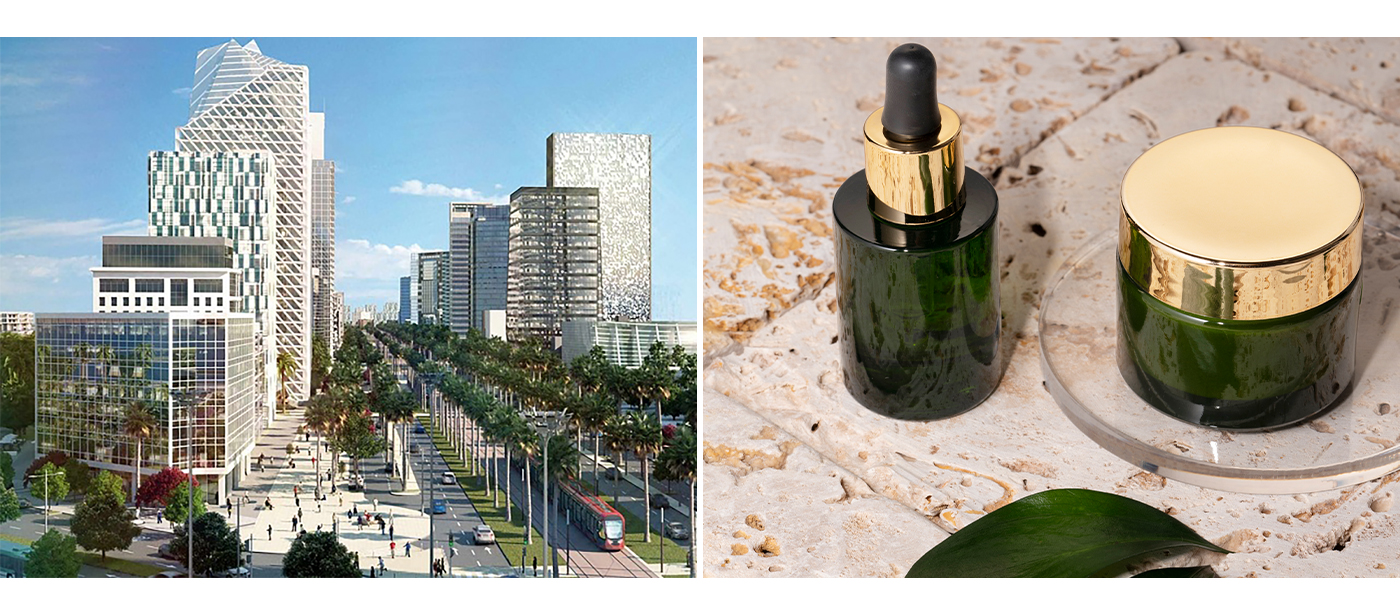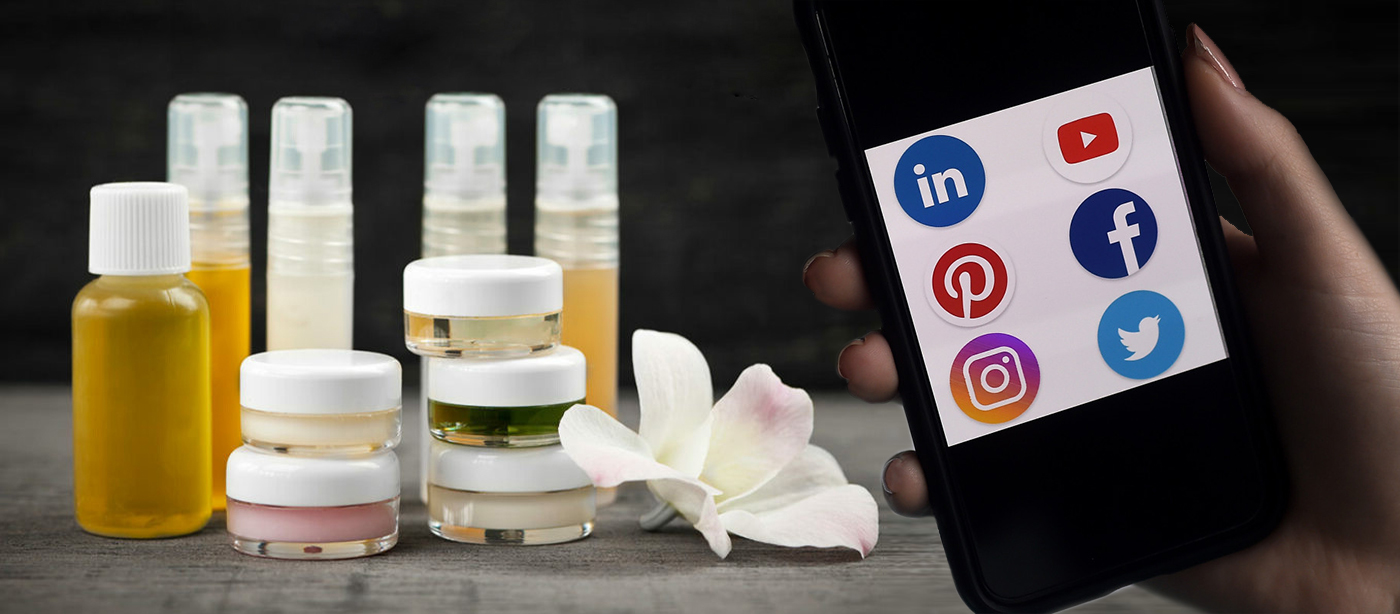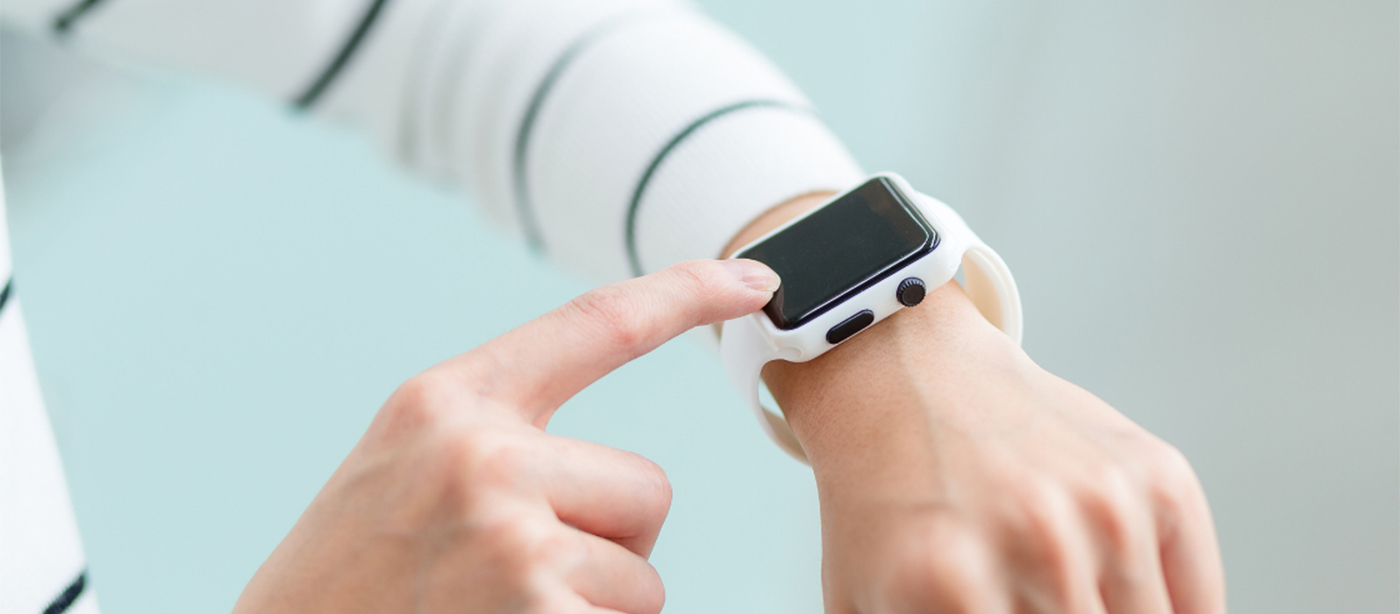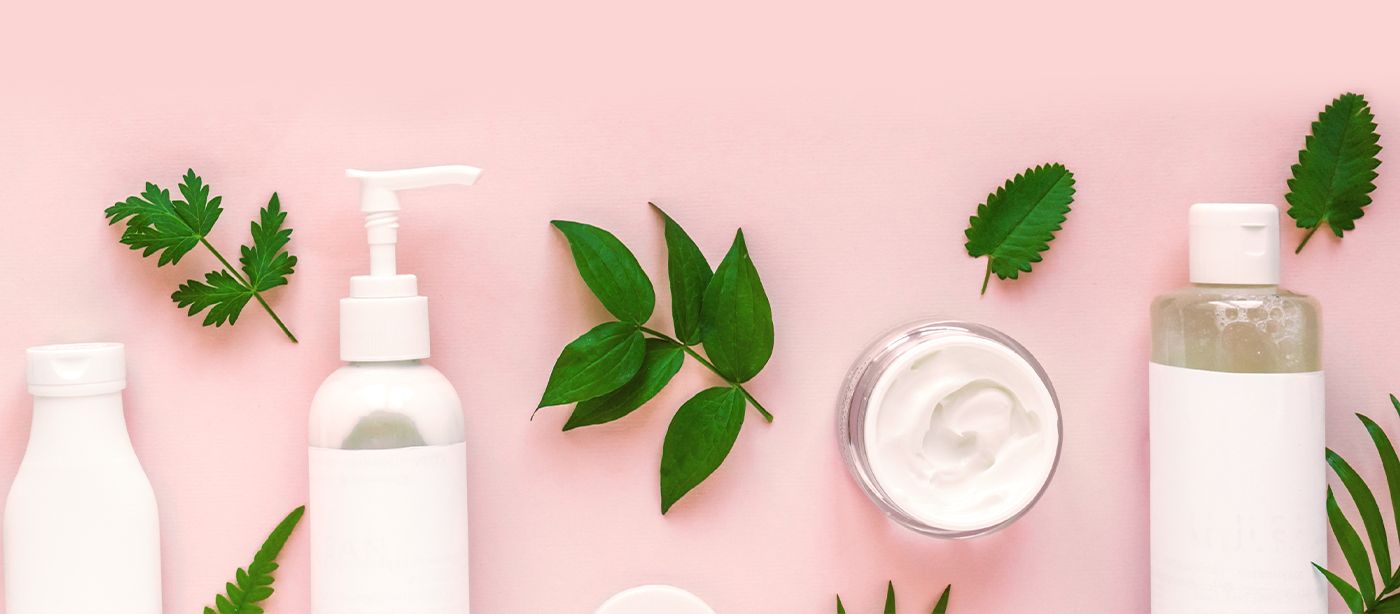The harmful effects of air pollution are increasing due to climate change. This creates an even more urgent need to integrate Anti-Pollution Protection into your skin care routine and protect your skin health. Zoom in on pollution: how does it impact our skin? What is Anti-Pollution Protection? And how can you incorporate it into your routine? The answers in this article …
Continue reading →Trend
Beauty trends, once dictated by industry big names and fashion shows, have undergone a major transformation thanks to the influence of social media. Platforms like Instagram, TikTok and YouTube have radically changed the way beauty trends emerge, spread and are adopted globally. How far does social media influence the promotion and sale of cosmetic products? What is the role of influencers and online reviews? And what importance should be given to digital marketing? The answers in this article …
Continue reading →Wearable technology, or “technology to wear”, is becoming a key element in our daily lives. In the world of beauty, this technology is emerging through a multitude of devices and applications. From skin condition monitoring to augmented reality for makeup try-ons, the convergence between beauty and wearable technology is revolutionizing the beauty industry. Do you want to know more?
I. What are wearable devices dedicated to beauty?
Beauty and well-being are transformed by the use of wearable devices such as connected watches, bracelets, glasses and more.
Some of these devices can be used for skin monitoring. Often in the form of small patches or bracelets, can analyze the condition of the skin in real time. They measure parameters such as the level of hydration, the pH or the exposure to UV rays. Based on this data, they can give personalized advice, such as applying moisturizer or sunscreen.
Other devices can be in the form of smart cleansing brushes or smart jewelry and accessories that measure UV exposure and alert the user when it’s time to protect themselves from the sun.
Another form consists of augmented reality systems for make-up. Although not strictly “portable” per se, devices using augmented reality make it possible to virtually try on makeup products.
II. Data analysis and optimization of beauty rituals:
Data analytics, combined with the rise of wearable technologies, is redefining the way we understand and care for beauty. By providing valuable information about the individual needs of skin, hair and the body in general, these devices allow us to refine and optimize our beauty routines.
Data collected by wearable devices can often be integrated with other apps or platforms, providing a holistic view of health and beauty. For example, a food-tracking app can suggest foods that promote healthy skin based on dehydration data collected by a fitness tracker. Similarly, using collected data on sleep patterns, a special app can suggest special sleep schedules.
III. Mobile applications: beauty at your fingertips
The market for applications dedicated to wearable beauty is booming. Beyond virtual makeup tests, some ever more innovative apps specialize in skin diagnosis, product recommendations, or even dermatological monitoring.
Examples of flagship applications:
- L’Oréal Makeup Genius doesn’t just offer a virtual fitting. Thanks to artificial intelligence, she can also suggest looks based on current trends.
- Foreo For You focuses on a global skincare routine, taking into account the specificities of each skin type. It offers smart cleansing brushes.
- SkinVision goes beyond simple analysis. By identifying the early signs of skin diseases, it could revolutionize dermatology.
IV. Benefits and Challenges: A Delicate Balance
Undeniable benefits: Wearable technology offers an improved user experience, with unprecedented personalization. But beyond the practical aspect, it promotes a proactive approach to beauty, based on prevention. In addition, wearables provide instant feedback, allowing immediate adjustments according to detected needs.
Challenges to be met: However, the massive use of personal data raises ethical questions. Confidentiality and security are at the heart of the concerns.
Another major concern is that of information overload: with a constant stream of data and recommendations, some users may feel overwhelmed and have difficulty distinguishing relevant advice. Moreover, this could lead to technological dependence: over-reliance on these devices can lead to neglect of the importance of human expertise, for example that of dermatologists or beauticians.
V. The future of wearable beauty
In the near future, wearable technology may give rise to smart textiles, for example, that promise to revolutionize our wardrobe. Imagine clothes that adapt their texture according to the hydration of your skin! Wearable technology is set to redefine the beauty industry. Brands and consumers must adapt to this new situation, where technology and aesthetics go hand in hand.
The convergence between beauty and wearable technology is more than just a trend. It’s a real revolution that rethinks our relationship to beauty, making it both more personal and more innovative. Only time will tell how far this alliance will take us, but one thing is certain: it has already changed the face of the beauty industry forever.
Need advice? Contact Prodigia!
While the cosmetics industry, its trends, and its beauty standards have long been dominated by major global brands, recent years have seen the rise of a new force in the beauty world: independent cosmetics brands. These daring companies have conquered the hearts of consumers by offering unique, authentic and environmentally friendly products. In this article, we will explore the emergence of these independent cosmetic brands, the reasons for their growing success, and the challenges they face.
Before we dive deeper into this topic, let’s clarify what an independent cosmetics brand really is. In simple terms, an independent cosmetics brand is a business that operates on its own, without being affiliated with a large corporation or conglomerate. These brands often operate on a small scale, focusing on quality rather than quantity. Unlike traditional big brands, independent brands are often the fruit of the passion and vision of their founders.
Today’s natural cosmetics enthusiasts are increasingly aware of the ingredients present in the cosmetic products they use. They are looking for natural alternatives without harmful ingredients for their skin and the environment. Independent cosmetic brands have been able to meet this demand by offering cleaner formulations that respect nature and care about the health of their customers.
Large brands can seem impersonal and standardized, as consumers increasingly seek personalized and authentic experiences. Independent cosmetic brands have the advantage of being able to interact directly with their customers, establishing closer ties and creating a unique experience.
Social networks have radically transformed the way cosmetic brands promote themselves and reach their audience. As a result, independent brands that have seized this opportunity have been able to capitalize on this boom. By using digital platforms to tell their story, they share their ethos and create a loyal community of supporters.
Due to their smaller size, independent brands can spend more time and effort researching and developing higher quality products. Their commitment to innovation and creativity often results in unique formulations and high performing products.
Independent cosmetic brands are often pioneers when it comes to sustainability and ethics. They care about the environmental impact of their production, favoring eco-responsible packaging and nature-friendly manufacturing practices.
The benefit of being a small-scale business is the ability to build closer relationships with customers. Independent brands place a high value on customer satisfaction, offering personalized and attentive customer service.
Independent cosmetics brands have to compete with industry giants who have huge marketing budgets and global recognition. Nonetheless, their unique differentiation and commitment to ethics sets them apart.
Small-scale production can sometimes be a challenge for independent brands, as it can lead to higher costs. Likewise, distribution can be more complex, but strategic partnerships and online sales channels can help overcome these obstacles.
Establishing a significant presence in the market requires constant efforts to increase brand awareness and gain consumer trust. Well-thought-out marketing campaigns and transparent communication can be crucial to their success. Discover our article on Digital Marketing in the world of cosmetics.
At Prodigia, our formulas are composed of at least 95% natural ingredients and are developed in accordance with Cosmos standards.
Need advice? Contact Prodigia!






